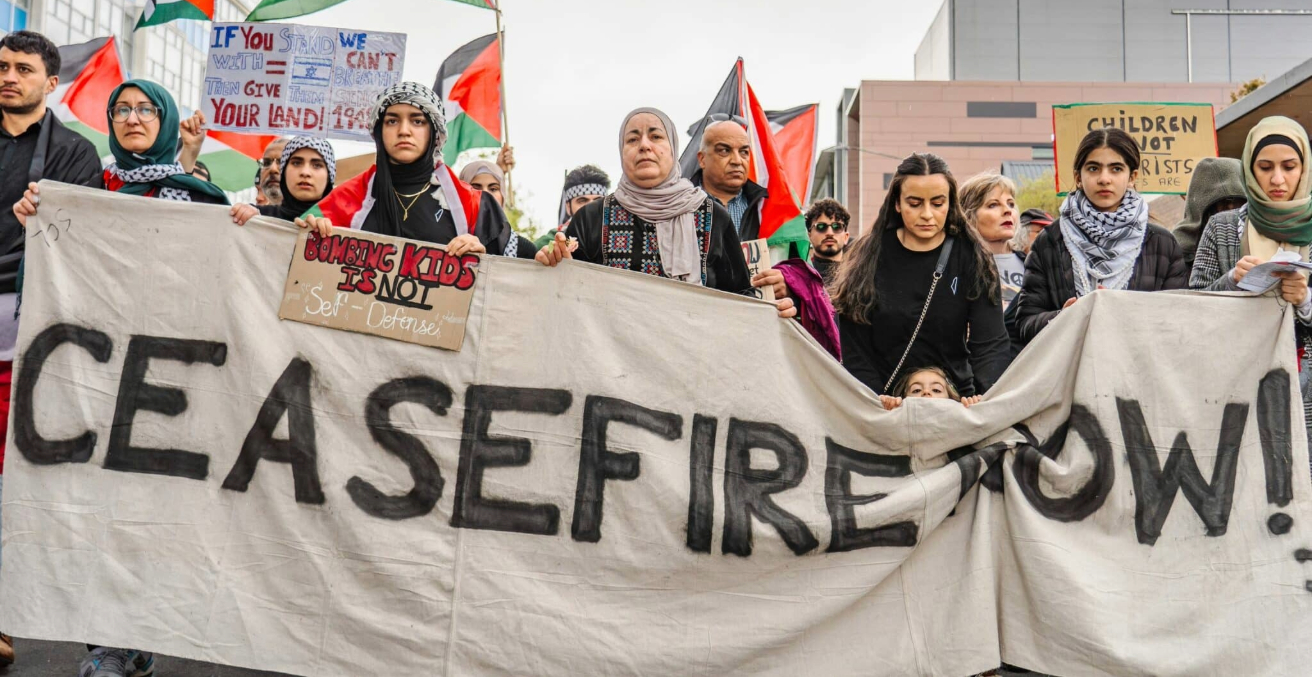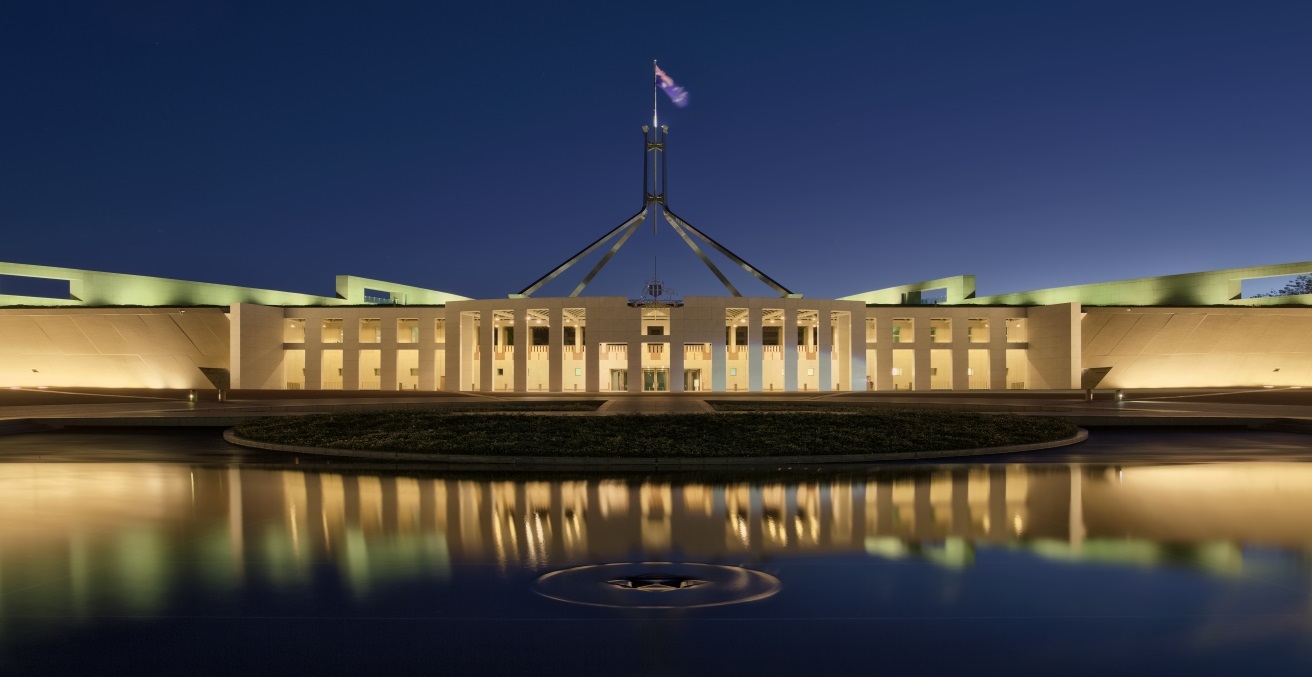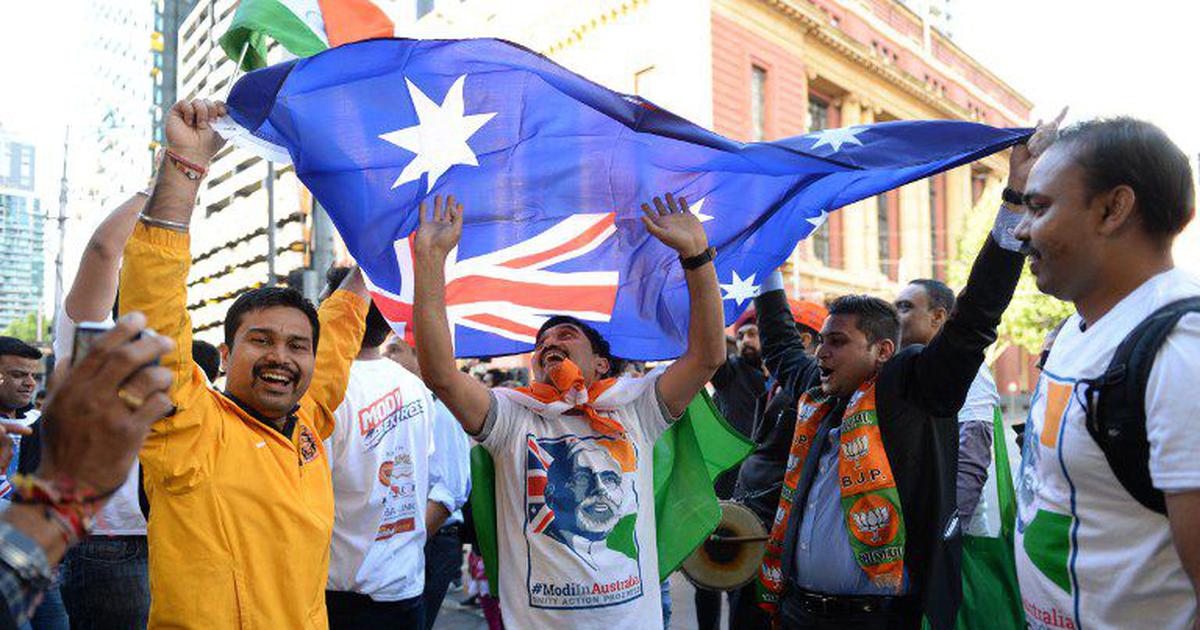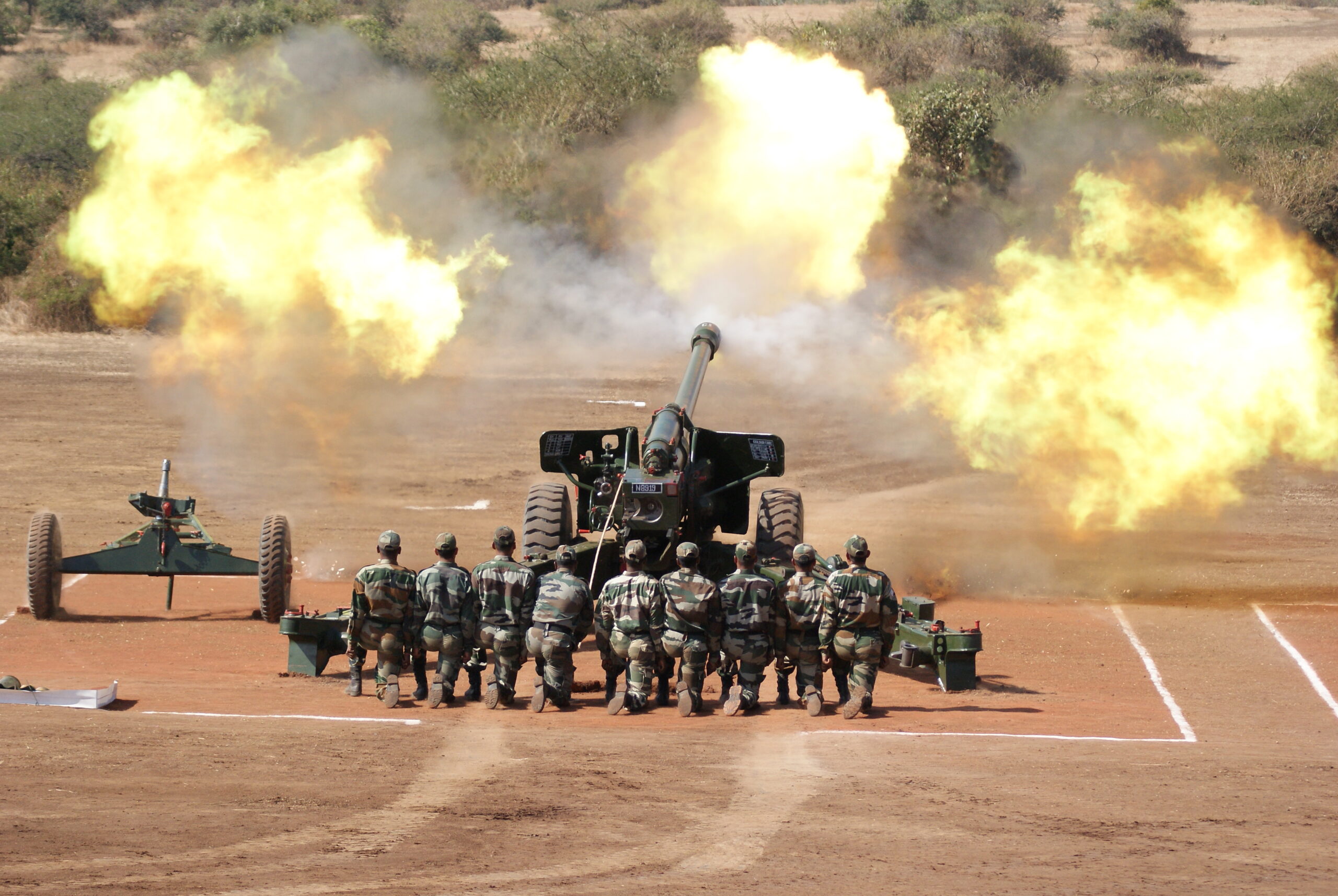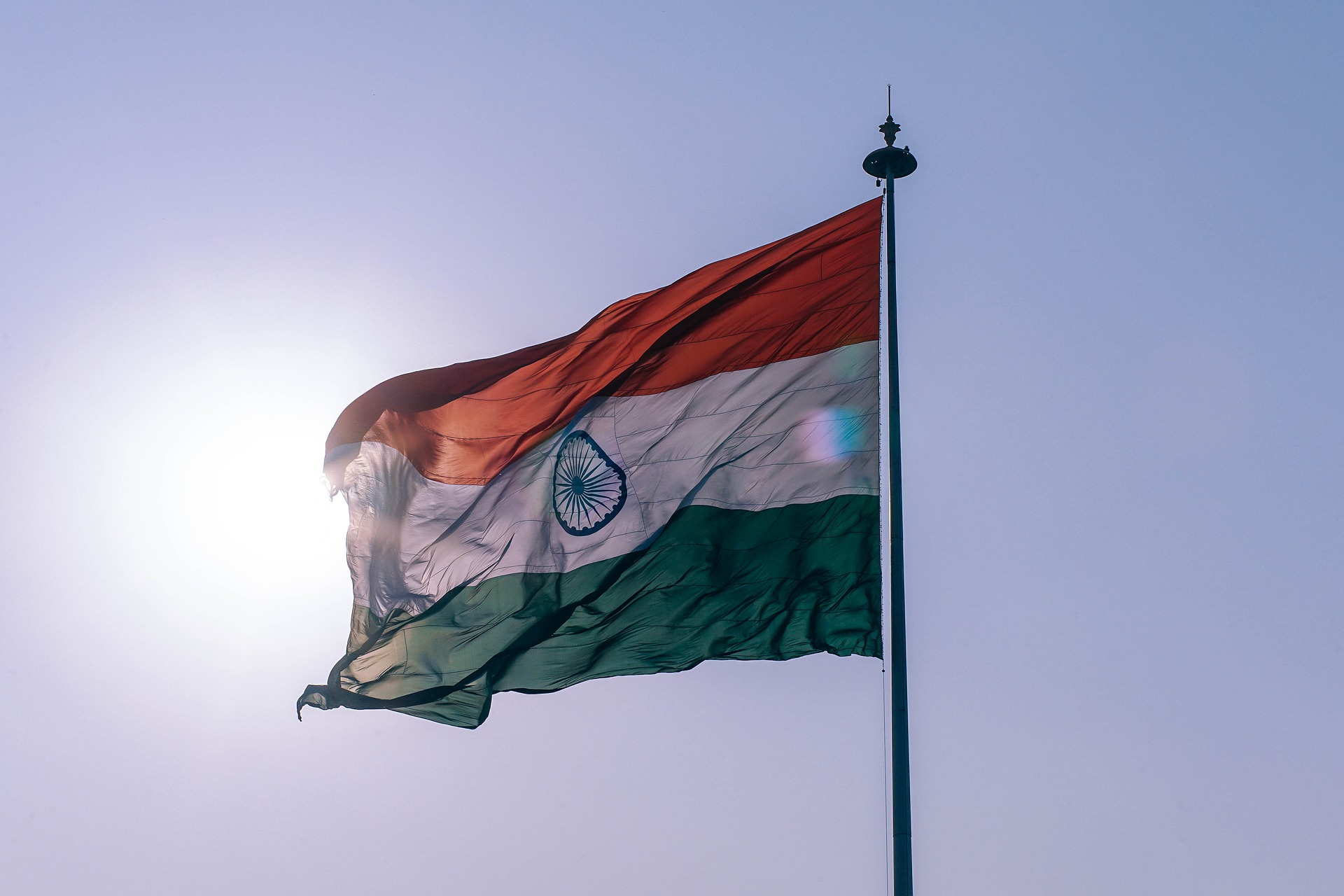In 1948, 1967, and 1973 Israel won three wars of strength, overcoming its adversaries and preserving its sovereignty. In 2025, an inconclusive war against Hamas has shown the limitations of Israel’s policy of strength in Gaza—limitations which have not been overcome by the recent allied Israeli-American strikes on Iran.
In 1948, with neither Britain nor the United Nations able to manage a transition from Mandate Palestine to a new state partitioned between Jews and Arabs, Israel declared its independence, fought and won a war against the armies of five Arab states, and enforced its territorial sovereignty through strength.
In 1967 Israel launched a pre-emptive war against its hostile neighbours and within six days had achieved a stunning victory of strength, overcoming the armies of Egypt, Jordan, and Syria to occupy new territory in Gaza and the West Bank as well as in the Sinai and the Golan Heights. In 1973, Israel again won a war of strength, repelling a coordinated attack by Egypt and Syria, and retaining territory captured in 1967, with its variously sacred, coastal, and strategic significance.
In 2025, Israel is involved in a very different war, in which victory through strength in Gaza remains elusive. Despite having eliminated many Hamas leaders, and having greatly reduced Hamas’ fighting capacity, the effectiveness of Israel’s military power has been constrained because Hamas was able, from the start, to define the conflict in terms of negotiation rather than strength, having taken 251 hostages on 7 October 2023.
Initially, Israel’s Prime Minister Benjamin Netanyahu refused outright to negotiate with Hamas. But only a month later Israel agreed to a truce and a series of exchanges, through which 240 Palestinian security detainees were released from West Bank prisons, and Hamas freed 105 hostages from Gaza.
When negotiation led to another temporary ceasefire in the early months of 2025, large numbers of Palestinian prisoners were again released in exchange for Israeli captives, with credit claimed by both outgoing US President Joe Biden, and incoming President Donald Trump. But the truce broke down, with Hamas and Israel each claiming the other had violated the agreed terms, and Netanyahu objecting to the humiliating events Hamas had begun staging, when releasing hostages.
Throughout the war, Netanyahu has consistently maintained that eliminating Hamas and bringing the hostages home are aims that can and must be pursued together, recently reiterating that it is “nonsense” to suggest that the goals are in opposition to one another. But the logic of this position is compromised by conditions which distinguish the present war from those Israel won in 1948, 1967 and 1973—above all by the fact that the war against Hamas is not one of brief military confrontation, but one of protracted uncertainties in hostage negotiation.
As time passes, Netanyahu’s insistence that “we need a siege […] and don’t tell me it won’t work,” needs to be judged against the reality that fewer and fewer hostages remain alive—perhaps 20 as of July 2025. If all those remaining were to lose their lives in captivity, there would surely be public outrage directed at Netanyahu. But the less tangible and more damaging long-term consequence of this loss of life would be its remembrance in the society of Israel, where it would have to be acknowledged by Netanyahu to have been an unavoidable cost of exerting unremitting pressure on Hamas.
As the number of living hostages has become fewer, and public protests against the Netanyahu government have continued, the rift between citizens and state has been expressed vehemently by former government figures and tragically by family members of deceased hostages, both connecting Netanyahu’s conduct of the war with growing disunity in Israel. While former prime minister Naftali Bennett has accused Netanyahu of spreading “poison” in Israeli society, Michel Illouz (the father of deceased hostage Guy Illouz) told Netanyahu in person that “I can handle the loss of my son—what I can’t handle is what you are doing to us, Israeli society. You’re sowing discord among us… You’re causing wars within our nation.”
Illouz and Bennett, like other private citizens and other political figures, have insisted that the Netanyahu government must reach a conclusive hostage deal rather than pursue the elusive war aim of eliminating Hamas. But a negotiated settlement with Hamas is unthinkable for Netanyahu now, just as it was in 2016, when he announced his intention to “surround the entire State of Israel with a fence.” The mastermind of the 7 October attack—Yahya Sinwar—was one of those released from prison in 2011, in the most significant previous instance of negotiation between Israel and Hamas (the Gilad Shalit exchange). While at the time prominent Israeli journalist Joshua Mitnick suggested that Netanyahu’s management of the Shalit negotiation demonstrated “the Israeli leader’s frequently overlooked pragmatism,” the legacy of Sinwar’s release today is perhaps the most powerful evidence Netanyahu can cite for the dangers of negotiating with terrorists.
Hamas’ attack and taking of hostages catalysed a regional situation in which, unlike in 1948, 1967 or 1973, Israel has been drawn into a protracted, multi-front war of varying focus and intensity. Netanyahu’s management of threats from Iraq, Lebanon, Syria, and Yemen has proceeded on the basis that all are Iranian proxies in a coherent axis, and that “we are breaking it down piece by piece.” Regarding both the ongoing threats posed by these proxies, and the prospective threat of a nuclear-capable Iran, it might now be thought that the question “What will happen in 2025?” has been answered, by the recent Israeli-American strikes on Iran. With both Netanyahu and the Pentagon satisfied that the allied attacks have substantially set back Iran’s nuclear program, and with no meaningful response from Iran-backed groups, an overall situation of strength appears to have been produced, in which Israel can return to the task of a negotiated end to its war in Gaza without yielding to the demands of Hamas.
Regardless of whether the newly announced, Trump-backed, sixty-day ceasefire proceeds, it is difficult to reconcile Netanyahu’s insistence that “there will be no Hamastan … it is over,” with credible prospects for a permanent defeat of Hamas and a path to stable peace in Israel. Requirements that Netanyahu has repeatedly stated—disarmament of Hamas and the exile of its leaders abroad—are increasingly questionable as substantive indicators of victory.
Regarding disarmament, reports earlier in 2025 of Hamas recruiting “30,000 Gaza youths into its military wing” may indicate that Hamas is already becoming an organisation that is less hierarchical, less disciplined, and less coherent—and therefore an organisation with which negotiation over disarmament will be increasingly difficult to conduct, let alone sustain.
Regarding the exile of leaders from Gaza, not only have many key Hamas leaders already been eliminated by Israel, in Gaza and elsewhere, but other senior figures remain active abroad—former head of Hamas’ political bureau Khaled Meshaal being only the most prominent of them.
By striking Iran, Israel may be judged to have “saved itself” or to have “left Iran stronger.” But neither of these assessments bears directly on Israel’s prospects in new negotiations to end to the war in Gaza. Netanyahu will need to define military victory in terms more convincing than the disarmament and exile of Hamas, while also continuing to manage an unstable coalition government, and the dissent of National Security Minister Itamar Ben Gvir (who insists “I won’t allow this reckless deal to happen.”) But perhaps the greatest challenge to Netanyahu’s strength as a national leader comes from the families of hostages still held in Gaza, who are reminding their government that: “They’re still there.”
Benedict Moleta is a PhD student in the Department of International Relations at the Australian National University, writing on the work of Coral Bell. His master’s thesis (2020, University of Sydney) was on relations between the European Union and Palestine, focussing on the prospects of Hamas. Contact via ANU.
This article is published under a Creative Commons License and may be republished with attribution.
